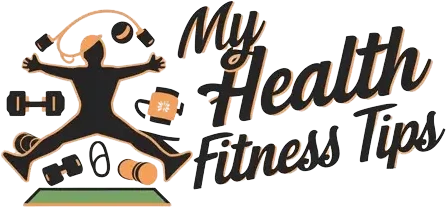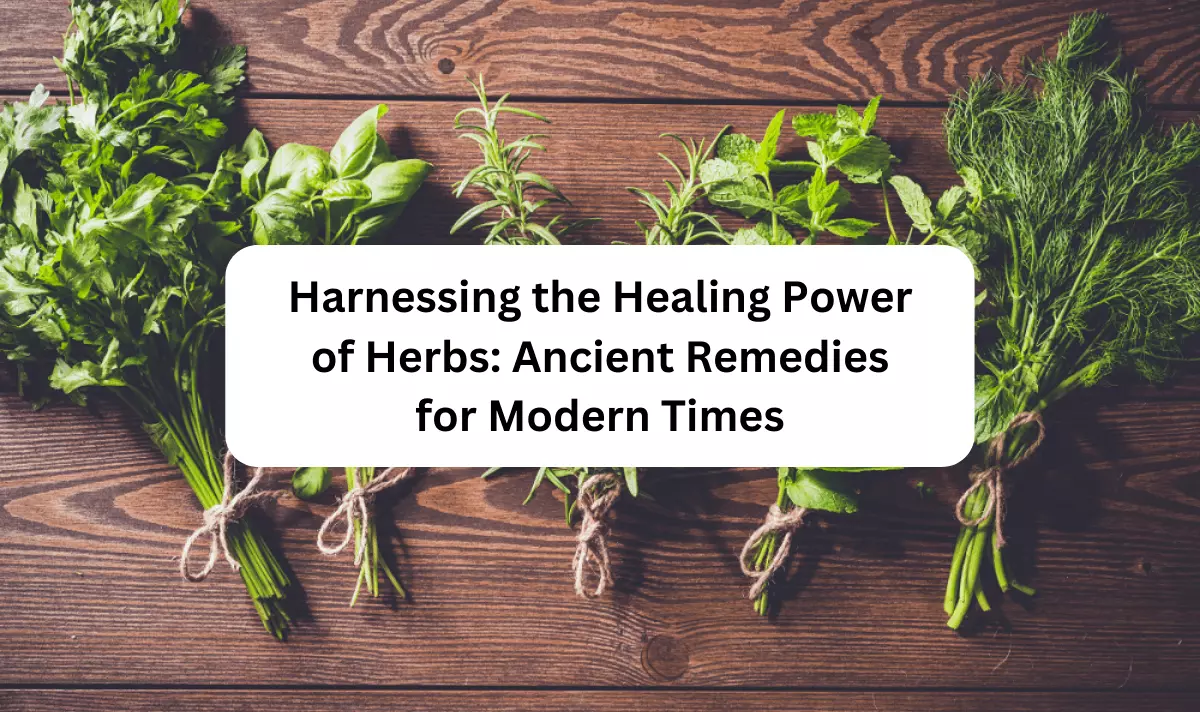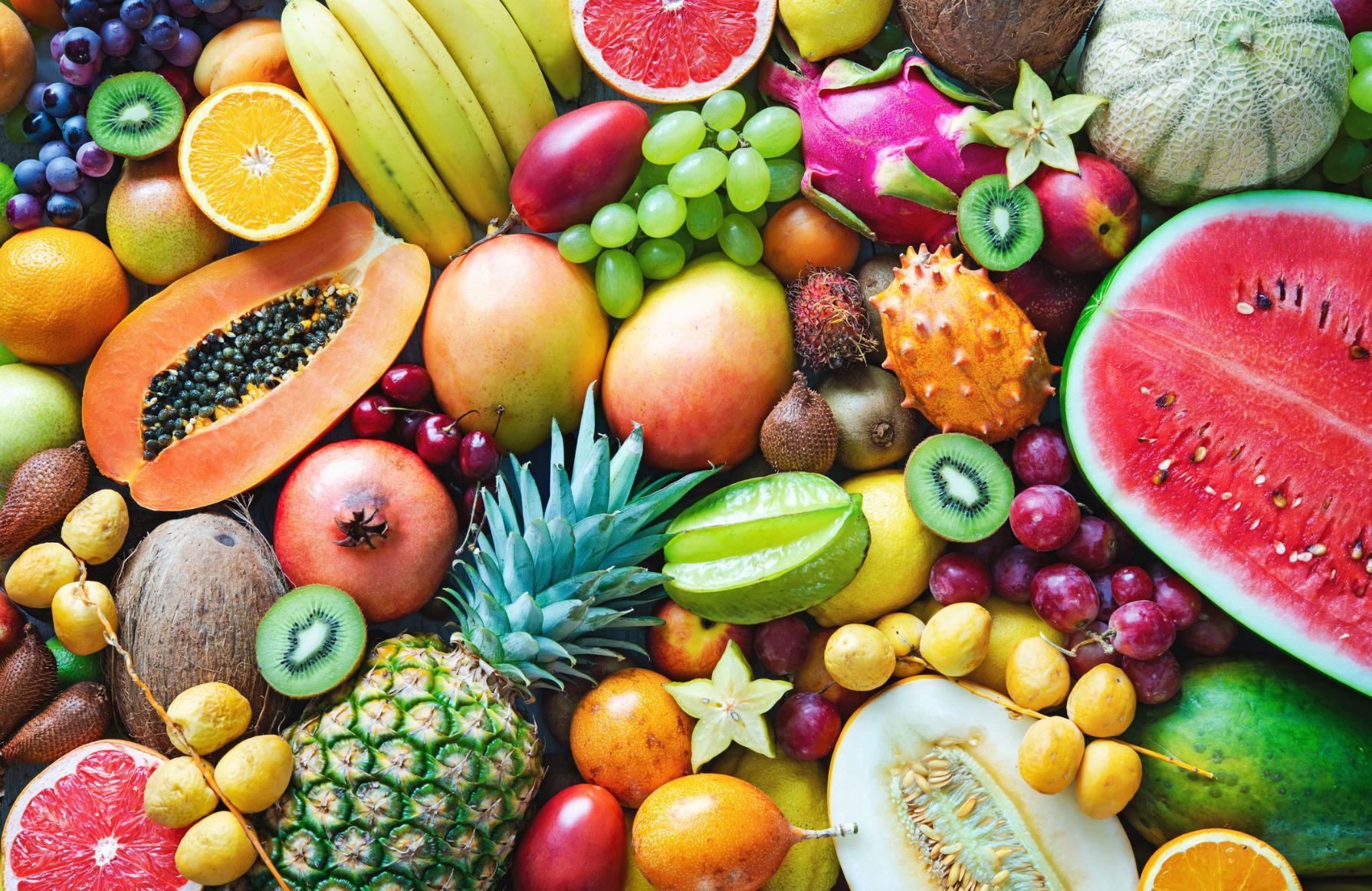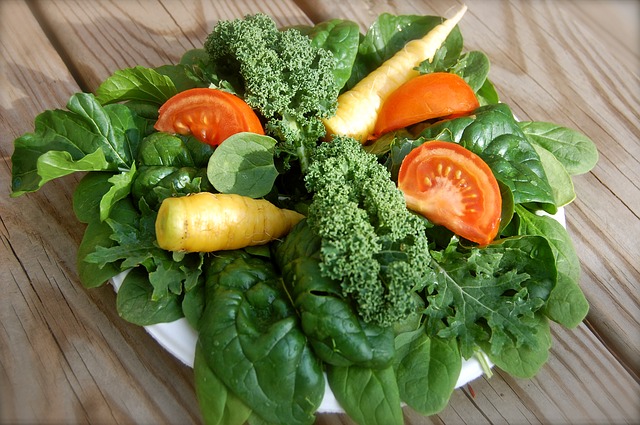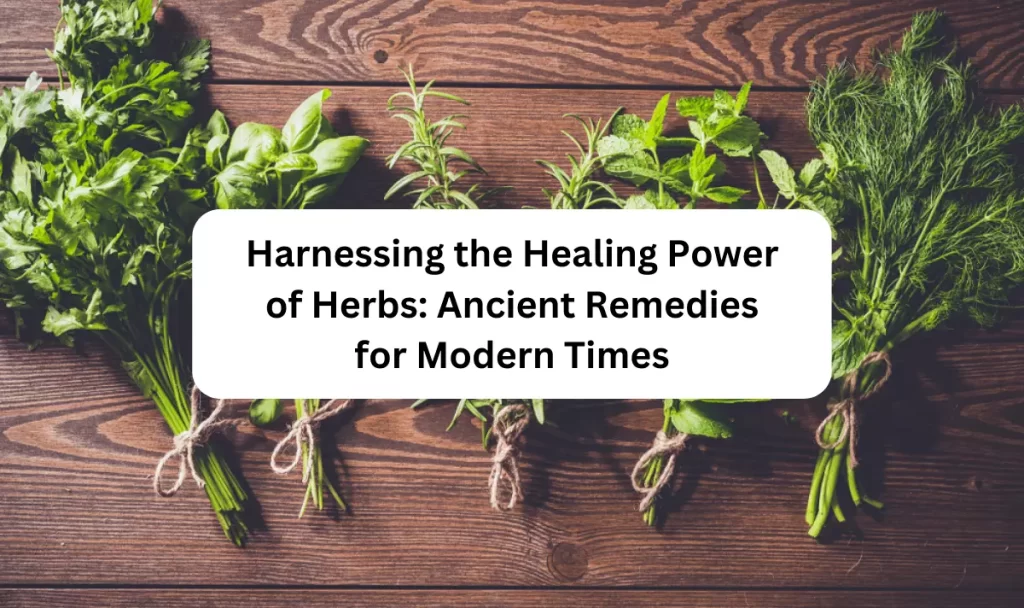
It’s easy to overlook the power of nature and the healing properties of herbs. However, ancient civilizations have long recognized the tremendous benefits of harnessing the healing power of herbs. These natural remedies have been used for centuries to address various ailments and promote overall well-being. In this article, we will delve into the fascinating world of ancient remedies and explore how they can be applied in modern times to enhance our health and vitality.
Further reading suggestion for you: From Desk to Fitness: Simple Exercises to Stay Active at Work
Content
The History of Herbal Medicine
Ancient civilizations such as the Egyptians, Greeks, Chinese, and Indians have all embraced the use of herbs for medicinal purposes. The practice of herbal medicine dates back thousands of years, with records of herbal remedies found in ancient texts and manuscripts. These ancient healers understood the intricate relationship between plants and human health, harnessing the power of herbs to treat a wide array of conditions.
Ancient Egyptian Herbal Remedies
The ancient Egyptians held a deep reverence for herbs and their healing properties. They believed that each plant had its unique energy and purpose in restoring health. Herbs like aloe vera, garlic, and chamomile were commonly used for their medicinal benefits. Aloe vera, for example, was used to treat burns and skin irritations, while garlic was believed to ward off infections and boost the immune system.
Traditional Chinese Herbal Medicine
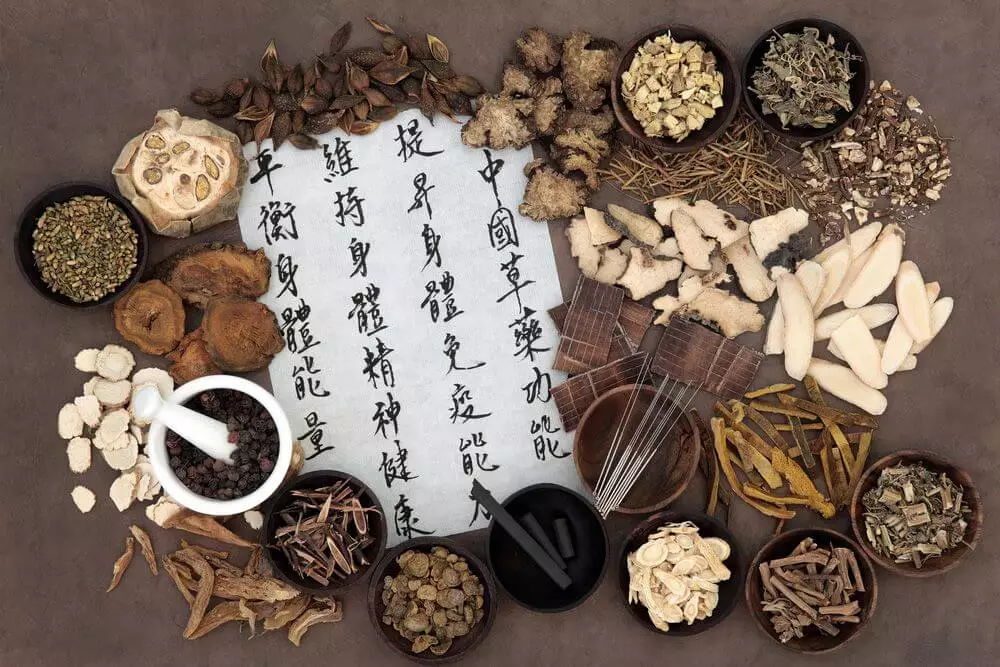
Traditional Chinese Medicine (TCM) is another ancient system that heavily relies on the use of herbs. Chinese herbal medicine is based on the concept of balancing yin and yang energies within the body to achieve optimal health. Practitioners of TCM use a combination of herbs to create customized formulas for individual patients. Some well-known Chinese herbs include ginseng, astragalus, and ginger, which are believed to promote vitality and strengthen the body’s natural defenses.
Ayurvedic Medicine from India
Originating in ancient India, Ayurvedic medicine is one of the oldest holistic healing systems in the world. Ayurveda focuses on achieving balance and harmony within the body, mind, and spirit. Herbal remedies play a crucial role in Ayurvedic treatments, with herbs like turmeric, ashwagandha, and holy basil being widely used. Turmeric, known for its powerful anti-inflammatory properties, is often used to alleviate pain and promote overall well-being.
The Benefits of Herbal Medicine
Harnessing the healing power of herbs offers a multitude of benefits for our overall health and well-being. Let’s explore some of the key advantages of incorporating herbal remedies into our modern lives.
Natural and Holistic Approach
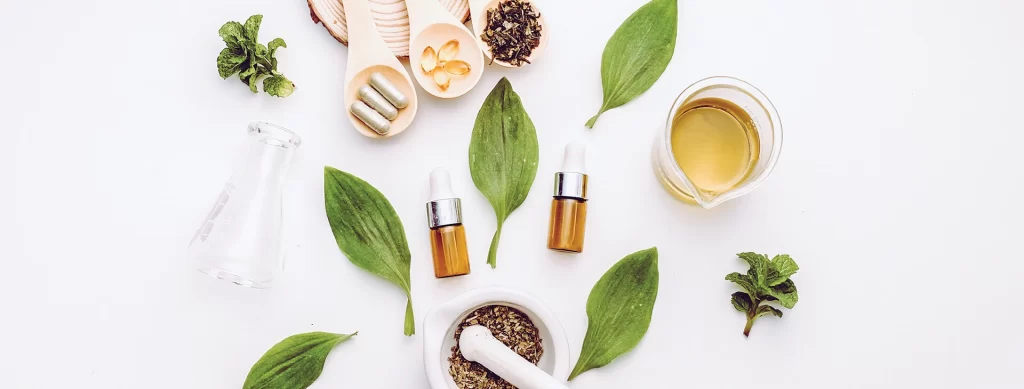
One of the significant advantages of herbal medicine is its natural and holistic approach to healing. Unlike synthetic pharmaceuticals, herbs work synergistically with our bodies, addressing the root causes of ailments rather than merely suppressing symptoms. By embracing herbal remedies, we can tap into the innate healing wisdom of nature and support our body’s self-healing mechanisms.
Fewer Side Effects
Pharmaceutical drugs often come with a long list of potential side effects, some of which can be severe. In contrast, herbal remedies are generally well-tolerated by the body and have fewer adverse effects. This is because herbs are composed of complex compounds that interact harmoniously with our biology, minimizing the risk of unwanted reactions.
Nourishing and Nutritive
Many herbs not only possess medicinal properties but are also highly nutritious. For example, herbs like nettle, dandelion, and alfalfa are rich in essential vitamins, minerals, and antioxidants. By incorporating these herbs into our diets or using them as supplements, we can provide our bodies with a natural source of nourishment, supporting overall health and vitality.
Personalized Approach
Herbal medicine offers a personalized approach to healthcare. Each individual is unique, and herbal remedies can be tailored to address specific health concerns and imbalances. Herbalists take into account a person’s constitution, lifestyle, and specific symptoms to create customized treatment plans. This personalized approach ensures that the remedies are optimally suited to the individual’s needs.
Harnessing the Healing Power of Herbs in Modern Times
In the fast-paced world we live in today, it’s important to find ways to incorporate ancient healing wisdom into our daily lives. Here are some practical tips for harnessing the healing power of herbs in modern times:
1. Start an Herb Garden
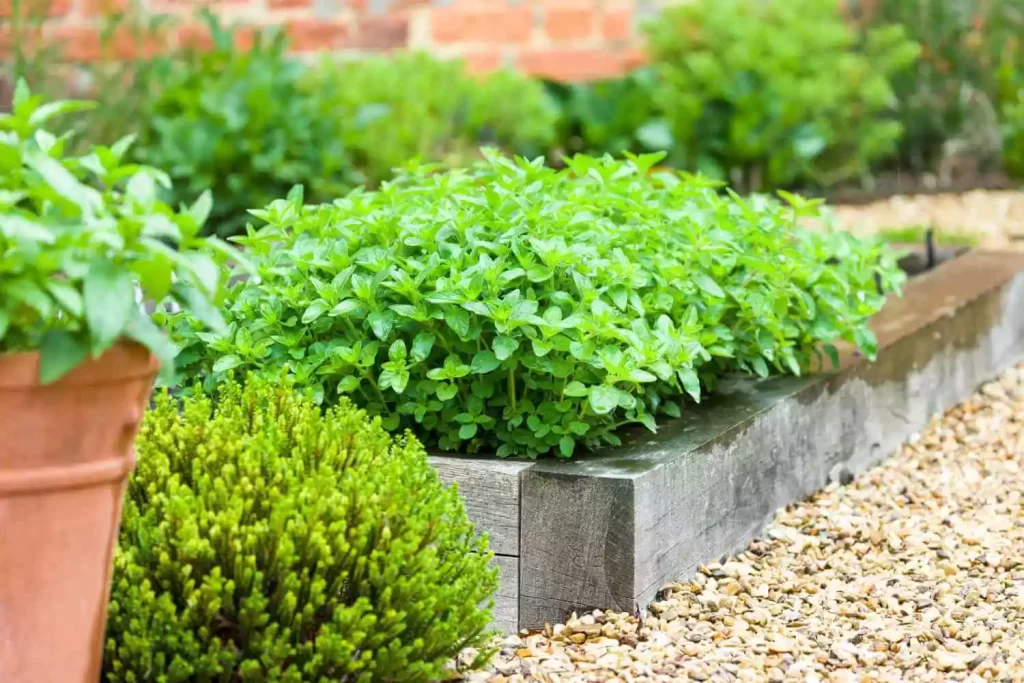
What better way to connect with nature and reap the benefits of herbs than by starting your own herb garden? Whether you have a spacious backyard or a small balcony, you can create a herb garden that suits your space. Planting herbs like lavender, rosemary, and mint not only adds beauty to your surroundings but also provides you with fresh ingredients for teas, infusions, and culinary creations.
Related Suggestion: Finding Balance – Managing Stress and Anxiety in a Fast-Paced World
2. Herbal Teas and Infusions
Herbal teas and infusions are a delightful way to incorporate the healing power of herbs into your daily routine. From calming chamomile to invigorating peppermint, there is a vast array of herbal teas to choose from. Explore different herbal combinations and find the ones that resonate with you. Not only will these teas nourish your body, but they also provide a moment of tranquility in a hectic world.
3. Herbal Supplements
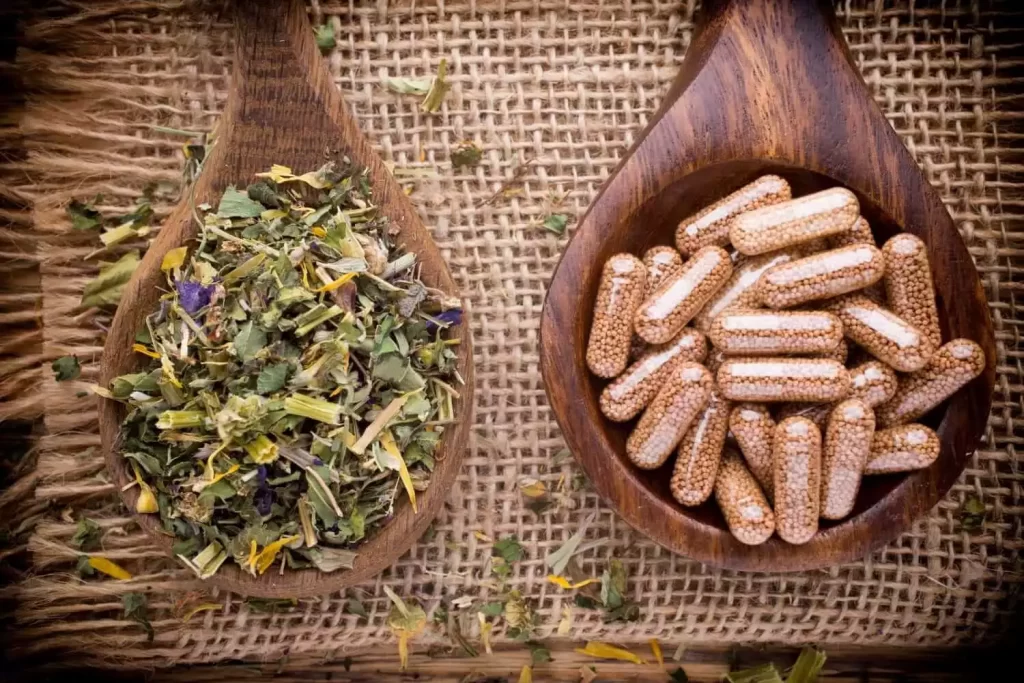
If you find it challenging to incorporate herbs into your diet regularly, herbal supplements can be a convenient option. High-quality herbal supplements can provide concentrated doses of beneficial compounds found in herbs, ensuring you receive their therapeutic effects. However, it’s essential to consult with a qualified herbalist or healthcare professional to determine the appropriate supplements for your specific needs.
4. Herbal Skincare and Self-care Rituals
The healing properties of herbs are not limited to internal use; they can also be harnessed for skincare and self-care rituals. Many herbs have soothing, anti-inflammatory, and rejuvenating effects on the skin. Incorporate herbs like aloe vera, calendula, and lavender into your skincare routine to promote healthy, radiant skin. Additionally, taking the time for self-care rituals that involve herbs, such as herbal baths or aromatherapy, can help reduce stress and enhance overall well-being.
Conclusion
Harnessing the healing power of herbs allows us to tap into ancient wisdom and embrace natural remedies in our modern lives. Whether through herbal teas, skincare rituals, or personalized herbal formulas, we can experience the numerous benefits these ancient remedies offer. By incorporating herbs into our daily routines, we reconnect with nature and enhance our overall well-being. So why not explore the world of herbs and discover how they can transform your health and vitality?
u003cstrongu003eAre herbal remedies safe to use?u003c/strongu003e
Yes, when used appropriately, herbal remedies are generally safe. However, it’s important to consult with a qualified herbalist or healthcare professional, especially if you have any underlying health conditions or are taking medications. They can provide personalized guidance and ensure the herbs you choose are suitable for your specific needs.
u003cstrongu003ean herbs be used alongside pharmaceutical medications?u003c/strongu003e
In some cases, herbs can be used alongside pharmaceutical medications. However, it’s crucial to consult with a healthcare professional to ensure there are no potential interactions between the herbs and your medications. Some herbs may enhance or reduce the effects of certain medications, so professional guidance is essential.
u003cstrongu003eHow long does it take for herbal remedies to work?u003c/strongu003e
The time it takes for herbal remedies to work can vary depending on the individual, the specific herb, and the condition being addressed. While some people may experience immediate relief, others may need to use herbal remedies consistently for several weeks or months before noticing significant improvements. Patience and consistency are key when using herbal medicine.
u003cstrongu003eCan I grow herbs indoors?u003c/strongu003e
Yes, many herbs can be successfully grown indoors. Choose herbs that thrive in indoor environments, such as basil, parsley, thyme, and mint. Provide them with adequate sunlight or artificial light, well-draining soil, and regular watering. Indoor herb gardens can add freshness to your living space and provide you with a readily available supply of herbs for culinary or medicinal purposes.
u003cstrongu003eAre there any precautions to consider when using herbal remedies?u003c/strongu003e
While herbal remedies are generally safe, it’s essential to consider a few precautions. Some herbs may not be suitable for certain individuals, such as pregnant or breastfeeding women, children, or those with specific medical conditions. Additionally, always ensure you source high-quality herbs from reputable suppliers to ensure their potency and purity.
u003cstrongu003eCan herbs be used for mental health concerns?u003c/strongu003e
Yes, herbs can be used to support mental health and well-being. Herbs like chamomile, lavender, passionflower, and lemon balm have calming and relaxing properties. They can be used to promote restful sleep, alleviate anxiety, and support overall mental wellness. However, it’s important to seek professional guidance for any mental health concerns and use herbs as complementary support alongside appropriate therapies.

Alina Smith is a health blog author with an interest in the intersection of wellness and mental health. She’s worked as a writer, editor, and communications specialist for various healthcare organizations. Alina has also led projects to improve access to care for underserved populations in both rural and urban settings.
